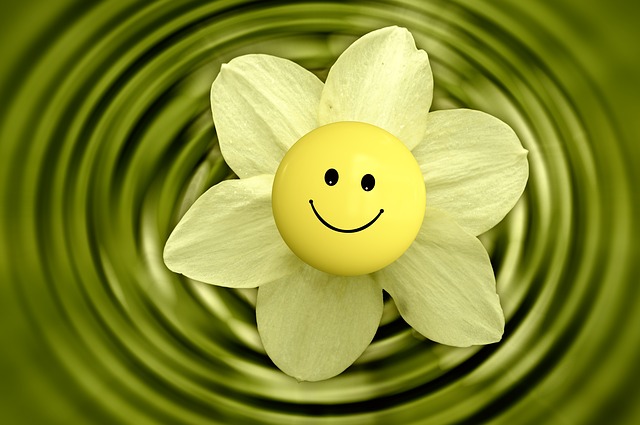
Last week I posted an article following the recent death of comedian Robin Williams. The article was about understanding depression and suicide, and while I’ve previously mentioned my own struggles with depression, it was the first time I’ve ever gone into any real depth about it and what the experience was actually like.
Now, because I’m not big on wallowing in old crap from the past or focusing on the negative stuff in life, I’d like to turn things around this week and look at the other side of things. I spend a lot of time on this blog talking about how important it is to take responsibility for our own lives, and to actively work towards creating what it is we most want to experience in life, because we are the creators of our experience here. And I do firmly believe that it is possible to choose to be happy.
Yes, you absolutely can choose to be happy!
“But wait a minute!” you’re saying “you said in the last post that depressed people can’t just choose to be happy!”
You’re right. I did. I certainly seem to be contradicting myself, don’t I?
Not really. What I said was that you cannot just “choose to be happy” when you’re in the middle of a full-blown clinical depression, and that telling someone who is in such a state to “just cheer up” or “choose to be happy” not only doesn’t help them, but actually makes things worse.
The key part is that bit about “while you’re in a clinical depression”. You can’t shift from clinical depression to happy – it’s too big of a jump. And add to that the fact that clinical depression affects the chemistry inside the brain itself, which just complicates things.
But I stick by what I said above: it is possible to choose to be happy… once you’re stable enough to gain some insight into your own mind and how it works; once you realize how much of an impact your own thoughts have on your moods and emotions. It’s not something that happens all at once; rather, it’s a shift that happen incrementally, as you start to understand your own mindset, thought patterns and personal triggers. And it’s not going to happen at all if you’re completely resistant to the idea that it’s even possible to control your depression (because you can’t change your thought patterns if you don’t actually want to).
Gaining insight: meditation
Meditation is probably the single biggest tool I’ve found for helping me to understand and cope with my own depression. Most people tend to roll their eyes when meditation gets suggested to them, but I think this comes from a misunderstanding of what meditation really is: a method to help you realize that you are not your thoughts. When you start meditating, you realize very quickly just how many thoughts you have running through your head all the time.
What’s more, once you start consciously paying attention to your thoughts, you start to realize just how many of them are negative, and how much this constant stream of negativity that’s running on autopilot inside your own head actually affects you. And then you start to realize that there is something else behind those thoughts, an observer or greater awareness than whatever part of you is generating those thoughts. Hard to explain, but extremely powerful, because with this realization comes the knowledge that you can change the thoughts themselves, and when you do that, you immediately change the way they affect you.
I cannot overemphasize how important this is, or how big of an impact in can have. This is a shift away from the victim-mindset that so often occurs with any kind of mental health issue, and back to an empowerment of the individual. You do not have to be a victim of your own mind; you have the power to change your thought patterns and, therefore, your moods!
Breaking free of depression
I’m by no means a mental health expert or a medical professional of any kind, but I have learned an awful lot over the twenty-plus years that I’ve been dealing with this. And one of the biggest, most profound things that I have learned on my journey is that it is possible to regain control of your life and your mind. It is possible to break the hold depression has on you. And it is possible to choose to be happy. I know because I’ve done it.







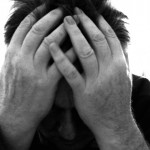
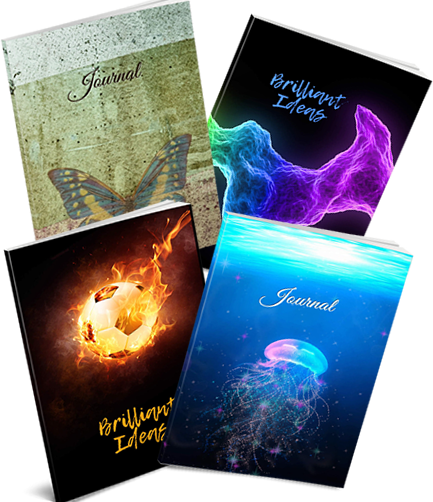

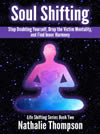
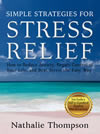
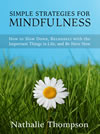




This is certainly true. I recently have realized that life was fine the way it was. There was technically no reason for me to be depressed about anything. We will bypass the fact that I was, but I had issues to deal with parents and such that blurred my clarity. Otherwise, life was great. If I know this now, life continues to be great and will be great, right?
It’s what you choose to focus on that makes all the difference. When all you can see is the bad stuff, it’s hard not to be depressed. But if you can learn to shift that perspective, by focusing, instead, on all the things that are good and that are going well — even if they’re just little things — this has such a big impact on your experience of life. There two quotes that I absolutely love that I always like to keep in mind when it comes to this sort of thing. The first is from country music legend Willie Nelson, who said: “When I started counting my blessings, my whole life turned around.” And the other is from Epictetus, a Greek philosopher, who said: “It’s not what happens to you, but how you react to it that matters.”